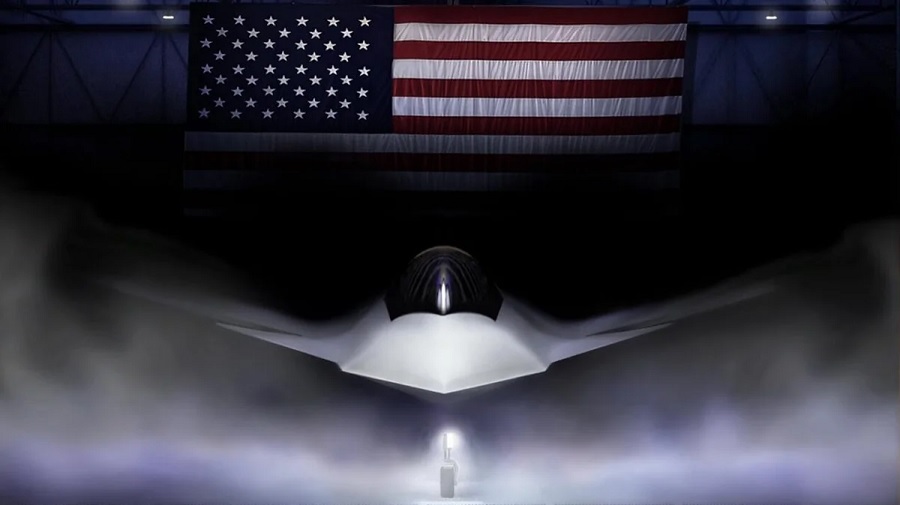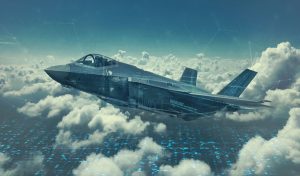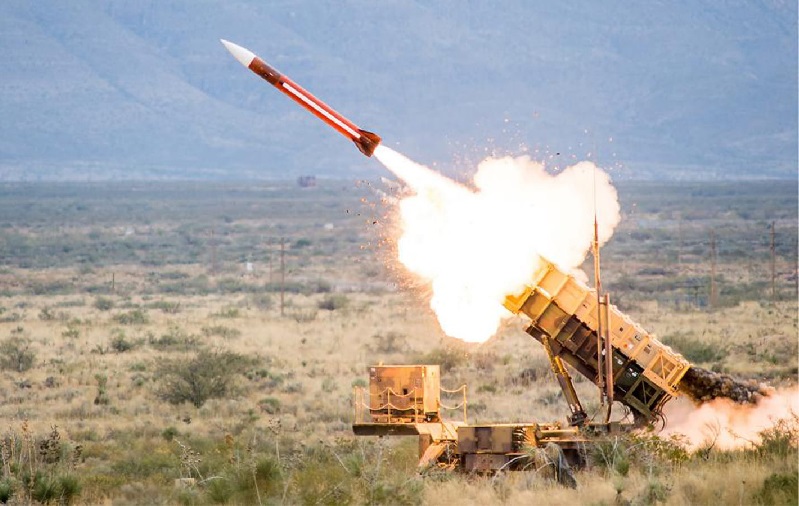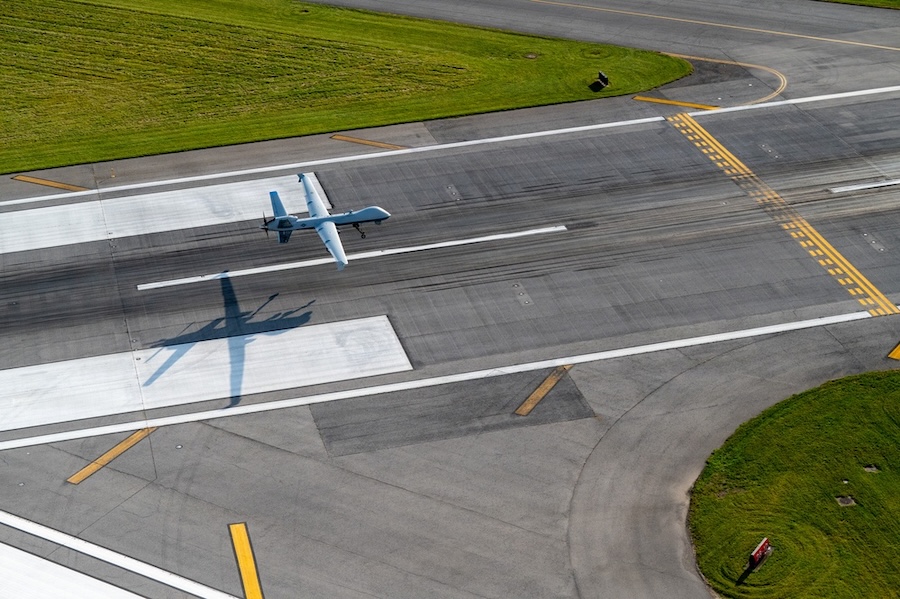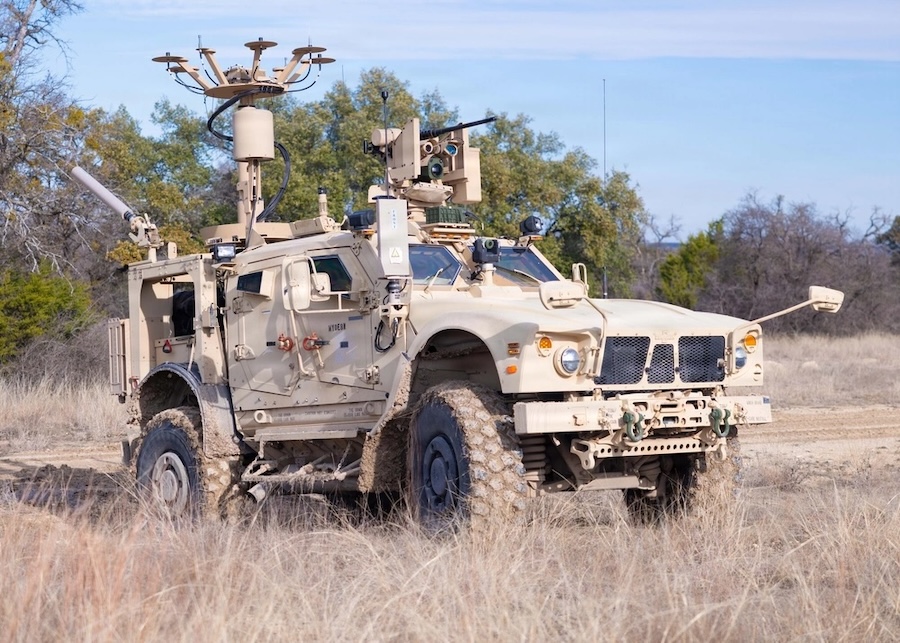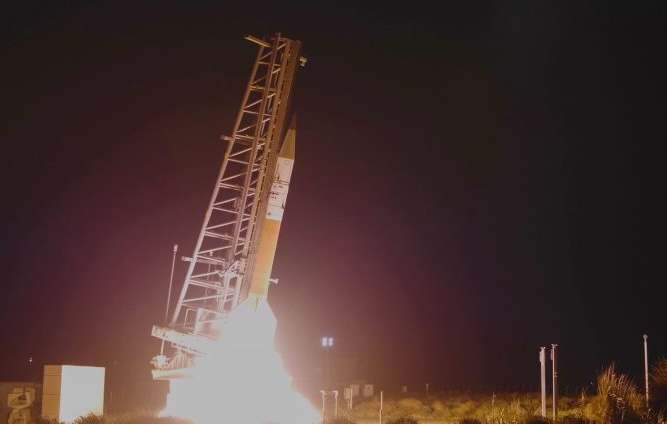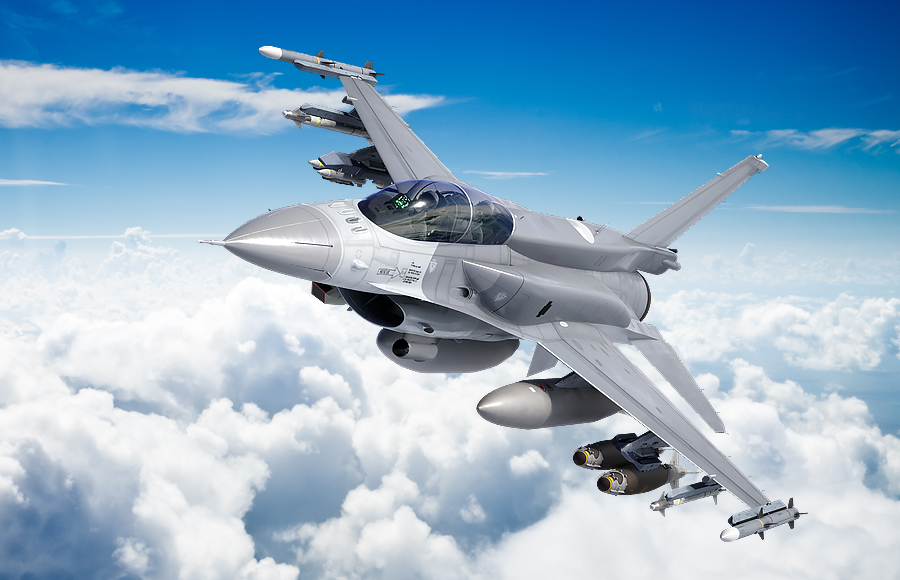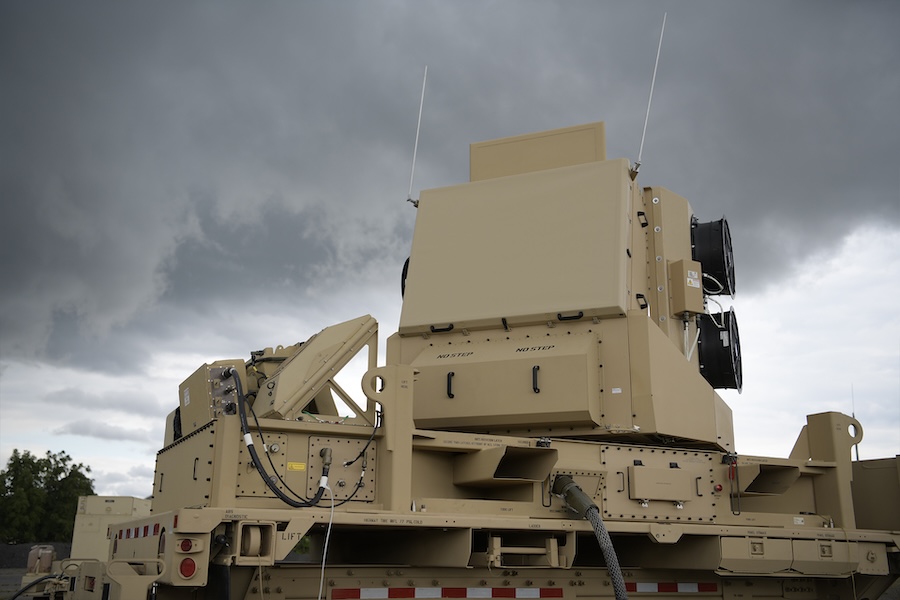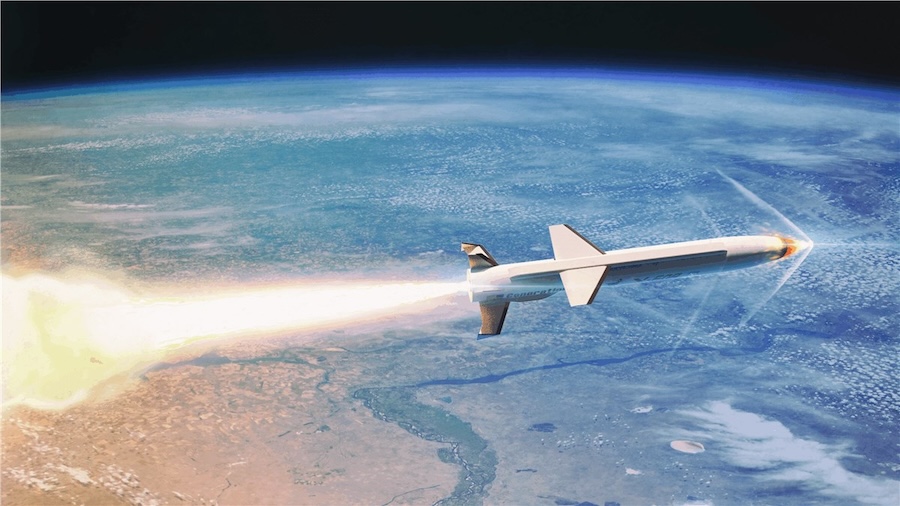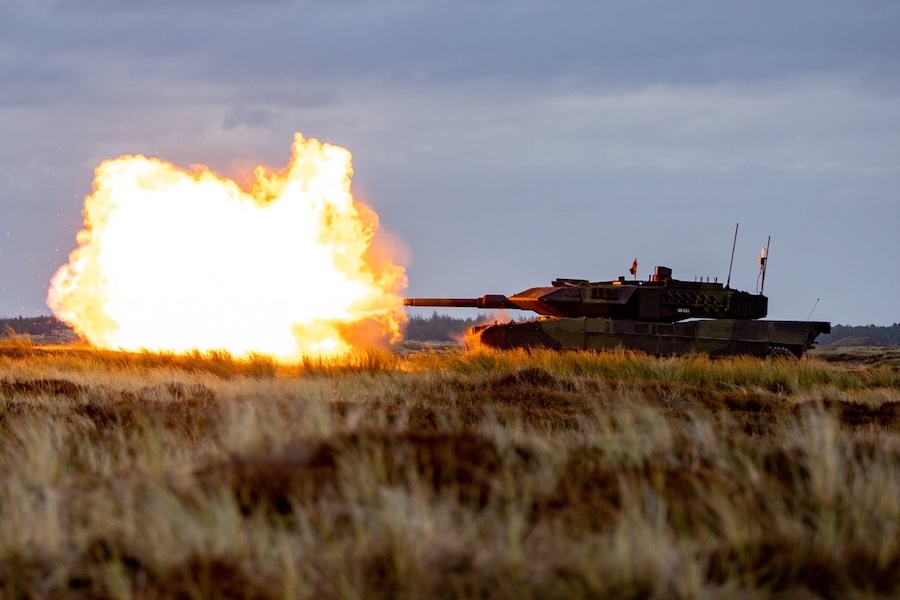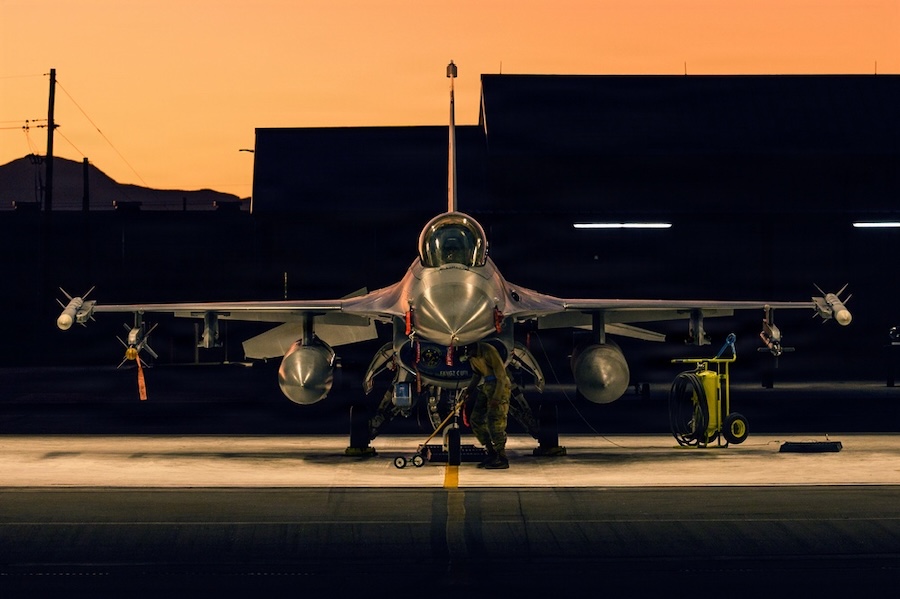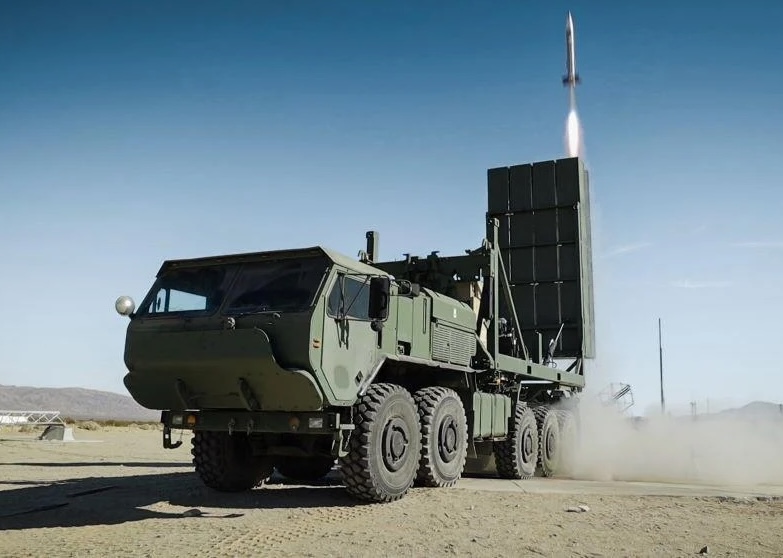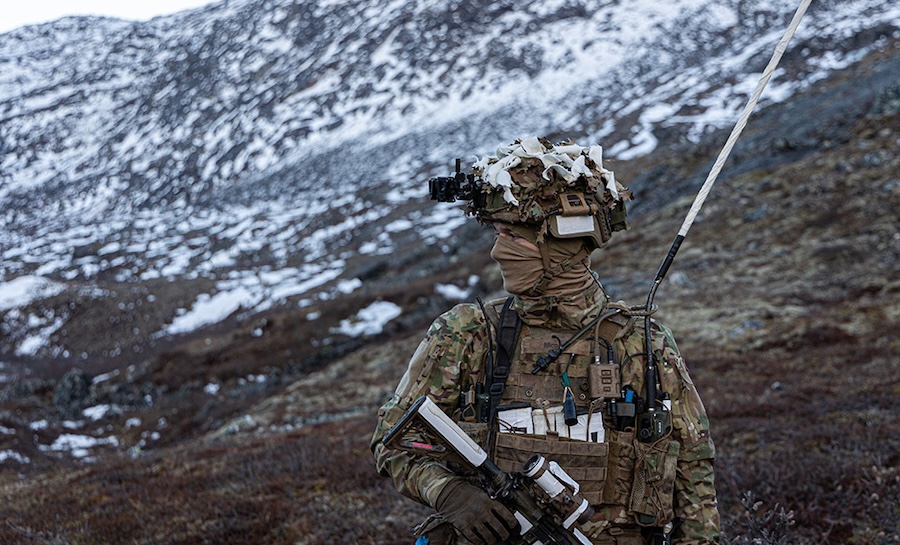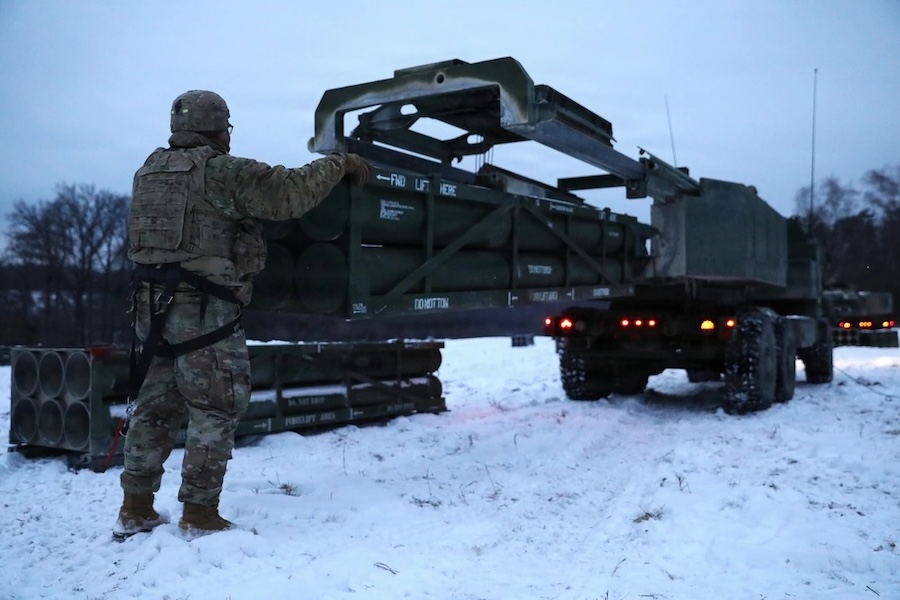Speaking at the National Defense Industrial Association’s Emerging Technologies for Defence Conference and Exhibition on 29 August, Miller noted that while specifics remain classified, “I think it’ll happen faster than normal.” He emphasised that the aircraft was “born in Phantom Works” and “built on decades of technical development.”
“Constant R&D … enabled the underlying technologies that come together in that platform,” Miller said, adding that Boeing is “positioned to move quickly.” The company has also invested heavily in production capacity to ensure readiness.
Boeing has “never made that big of an investment prior to award — huge, tremendous investment,” Miller explained. “If you’re ever in St. Louis, you’ll see the buildings going up, and we’re well ahead on that, because we had to be, to be ready to meet the commitments for what our customer needs.” He added: “We’re 100 percent resourced and ready to deliver.”
The remarks follow recent delays in Boeing’s other defence projects, including the KC-46A Pegasus tanker and the T-7A Red Hawk trainer, the latter now expected to move into production in 2026. However, another Phantom Works programme, the MQ-25 Stingray aerial refuelling drone, is on schedule for its first flight this year and deployment on an aircraft carrier in 2026.
“One really cool thing about MQ-25 is it began its life as a potential collaborative combat aircraft, so it’s got the DNA for other missions,” Miller said. He noted its “very, very capable platform with a very long range, very good payload [capacity] and carrier suitability” could allow additional uses in future.
Miller also stressed the importance of collaboration with other organisations to expand capabilities. “Partnerships are critical to our future as a defence industrial establishment and really for the success of the Joint Force,” he said.
“One of the first things we did when I came into Phantom Works last year … was we stood up a strategy team, and we called it strategy and partnerships,” Miller continued. He described the approach as “speed dating,” aimed at finding “the best partners,” including nontraditional defence contractors.
Boeing is particularly interested in partnerships to advance artificial intelligence. “Boeing has not invested in artificial intelligence to the level that others are … so, we’re looking for those partnerships to bring it on board,” Miller explained.
“At the end of the day, it’s all about the warfighter. How can we get the most capability there most quickly at the lowest cost?” he said. “So, we’re all about partnerships. We’ll do what we do best, we’ll bring in what others do best and we’ll come up with game-changing solutions.”
Source: National Defense.


